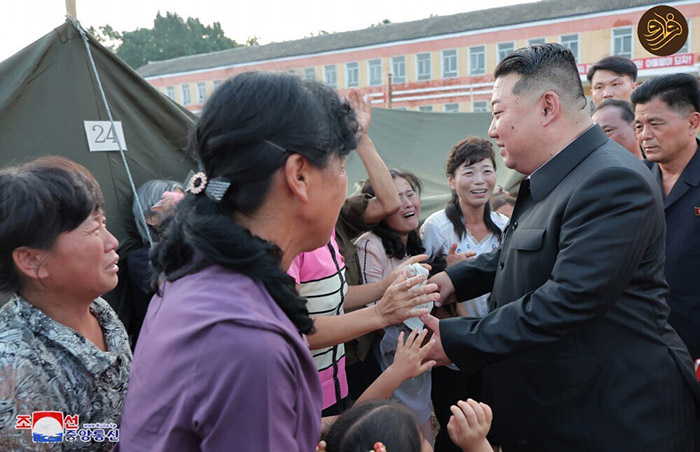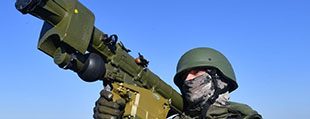North Korea has recently been struck by severe floods that have caused widespread devastation, particularly in the northwestern regions near the border with China. Despite the catastrophic impact, the North Korean government has remained largely silent on the number of casualties, leading to speculation and concern from the international community. During a highly publicized visit to the flood-stricken areas, North Korean leader Kim Jong Un not only addressed the disaster but also directed sharp criticism towards public officials and accused South Korea of exaggerating the situation for political purposes.
This article will explore the unfolding situation in North Korea, the leadership’s response to the crisis, and the broader implications for inter-Korean relations. We will delve into Kim Jong Un’s accusations against South Korea, the role of state media in shaping the narrative, and the potential impact on North Korea’s domestic and international standing.
Overview of the Disaster
North Korea has a long history of natural disasters, particularly floods, due to its mountainous terrain, deforestation, and inadequate infrastructure. The recent floods, triggered by heavy rainfall in late July, have had particularly severe consequences. The northwestern regions, including Uiju and Sinuiju, were among the hardest hit, with thousands of people displaced and extensive damage to homes, agricultural lands, and infrastructure.

